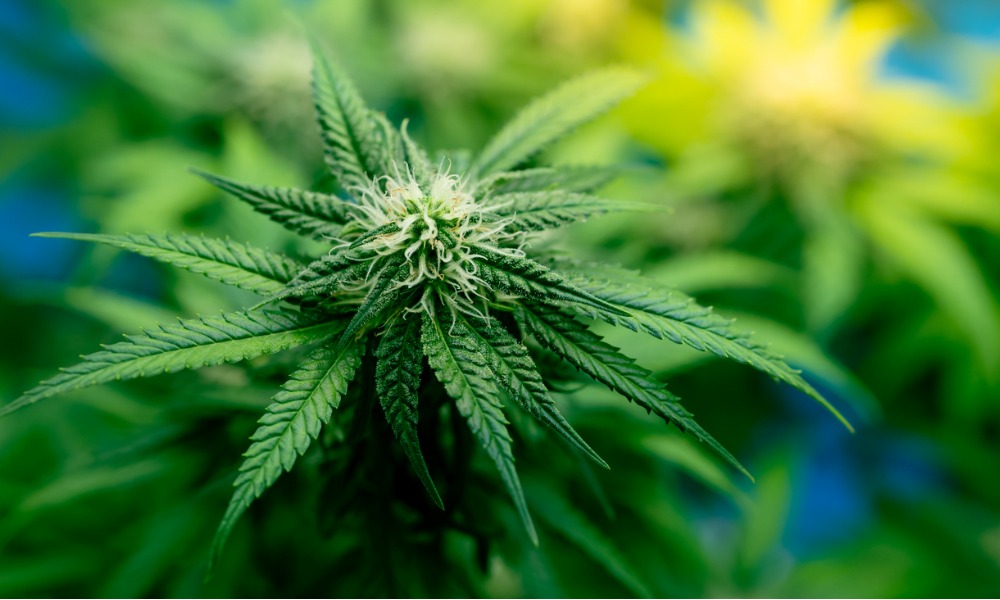A study shows cannabis is now the most common impairing substance in Canadian driving collisions

A six-year analysis of more than 10 thousand Canadian drivers involved in motor vehicle collisions reveals that cannabis has become the most common impairing substance detected through after-crash blood testing, as reported by The Globe and Mail.
The National Drug Driving Study 2024, conducted by the University of British Columbia, examined blood samples from drivers in British Columbia, Alberta, Saskatchewan, Ontario, Quebec, Nova Scotia, New Brunswick, and Newfoundland and Labrador between 2018 and 2023.
Researchers found that 54 per cent of injured drivers tested positive for at least one impairing substance. Among them, 16.6 per cent had cannabis in their bloodstream, while 16 per cent had alcohol.
The study notes, “Driving after cannabis use appears to be an emerging problem in Canada and may now be more common than driving after drinking alcohol.”
However, due to the high crash risk associated with alcohol and the fact that most drivers testing positive for cannabis had low THC levels, the study concludes that driving after drinking remains a more significant issue.
In Atlantic Canada, researchers found the highest proportion of injured drivers testing positive for cannabis. Of the 624 injured drivers from Nova Scotia, New Brunswick, and Newfoundland and Labrador, 26 per cent tested positive for cannabis, while 22 per cent tested positive for alcohol.
Overall, 70 per cent of these drivers tested positive for drugs or alcohol, exceeding the national average.
Jeff Brubacher, lead author and member of the University of British Columbia’s department of emergency medicine, highlighted the prevalence of impaired driving in Atlantic Canada.
“That was the single most striking thing,” he said. “It’s a problem across the country, but it does seem to be worse in Atlantic Canada.”
Researchers in British Columbia have been studying cannabis in blood alcohol since 2012 and noted an increase in drivers with cannabis in their system since legalization in 2018.
Brubacher remarked, “Good, old-fashioned alcohol is still probably the biggest problem of a single substance, but a new issue is the combination of alcohol and cannabis, and that’s a bad combination.”
The study explains that cannabis intoxication impairs attention, slows reaction time, and affects tasks like staying within a lane and monitoring speed. Habitual cannabis users might develop some tolerance to its effects.
The study also notes, “The effect of alcohol on driving and road safety is well-studied and understood. Unlike alcohol, it is often not possible to predict how driving will be affected at different drug-blood-alcohol concentrations.”
The study aims to inform emergency room physicians, public health officials, police, and organizations promoting safe driving.
Brubacher hopes the findings will warn people about the risks of impaired driving and combining alcohol and cannabis. He also hopes continued data collection will aid police enforcement and public education on injury prevention.



